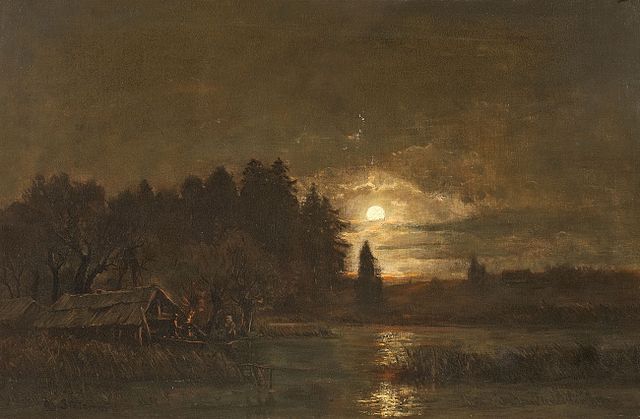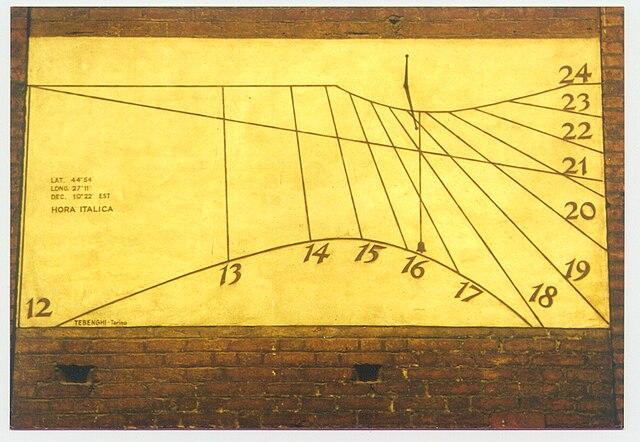Infinite photos and videos for every Wiki article ·
Find something interesting to watch in seconds
Great Museums
British Monarchs
Celebrities
Great Artists
Wars and Battles
Supercars
Great Cities
Famous Castles
Kings of France
Best Campuses
History by Country
Ancient Marvels
Orders and Medals
Animals
Wonders of Nature
Largest Palaces
Crown Jewels
Recovered Treasures
Tallest Buildings
World Banknotes
Richest US Counties
Rare Coins
Sports
Countries of the World
Presidents
Largest Empires
more top lists








